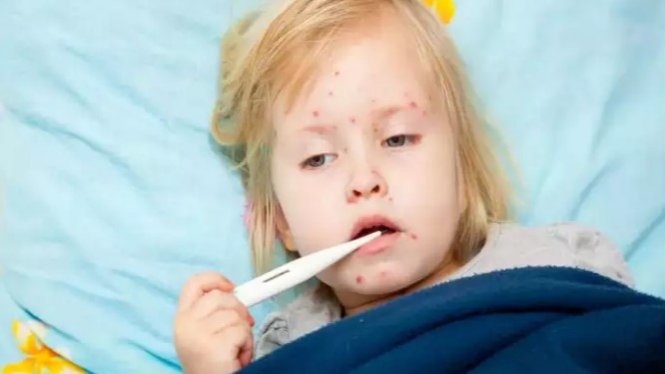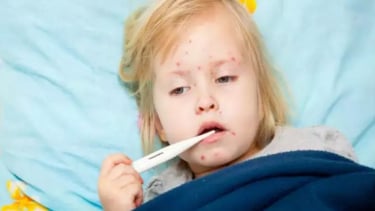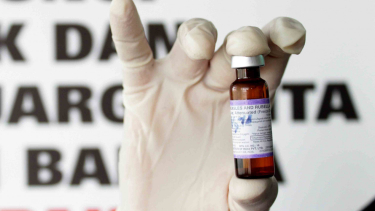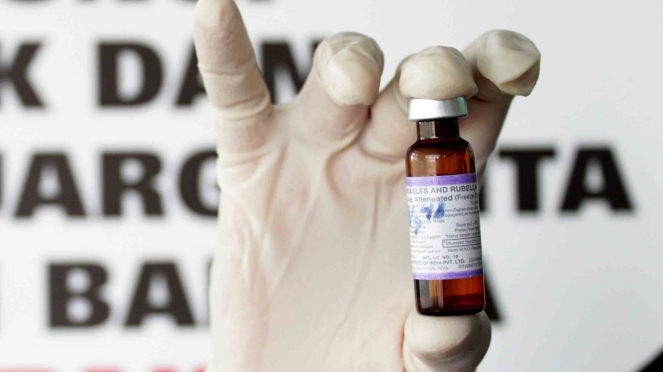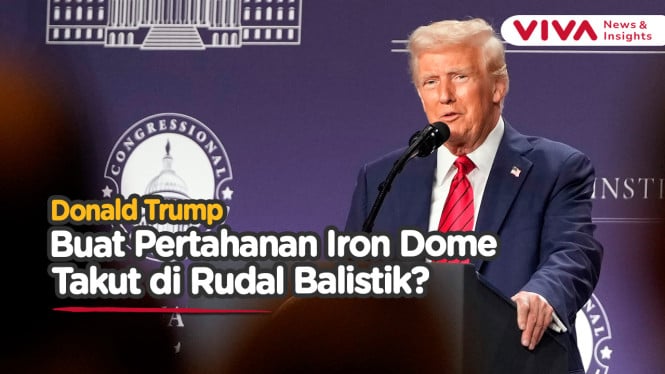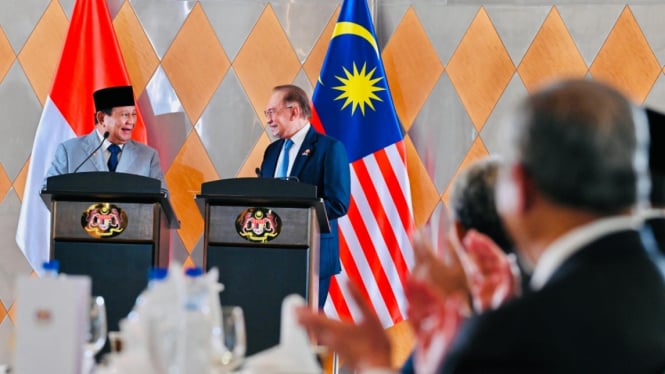WHO Declares Measles Becomes a Global Threat
- Times of India
VIVA – Recently, measles has become a global concern. In fact, measles caused 18 deaths in Maharashtra, India, and is still a threat in part of the country. The World Health Organization (WHO) declares measles to be a global threat.
As quoted from The Health Site, according to data presented by WHO, in 2021, nearly 40 million children missed at least one dose of the measles vaccine. That affects their health today.
Measles is a viral respiratory illness. Transmission is similar to COVID, with the spread between people being driven by respiratory droplets and aerosols (airborne transmission). The infection produces a rash and fever in mild cases.
Moreover, Measles, also known as rubeola, is caused by a virus. Generally, symptoms appear about one to two weeks after the body is exposed to the measles virus. The disease is most common in children and can be fatal. However, the disease can be prevented by getting the vaccine.
Vaksin Campak dan Rubella (MR).
- ANTARA FOTO/Ampelsa
The main symptoms of this infection are not like COVID except for a high fever. Measles is also accompanied by a rash and can be itchy or painful. These are symptoms of mild cases but can also be severe such as, encephalitis, pneumonia, and blindness. Every year, there are about 128,000 deaths from measles worldwide.
As information, to relieve the symptoms of measles, drink plenty of water to prevent dehydration, avoid sunlight and get plenty of rest, and also take fever-reducing drugs and pain relievers according to the doctor's suggestion.
Impact of Anti-Vaccine Measles
People who advocate against the measles vaccine have become significant. This is largely due to false information, scare stories, and rumors. For example, a former doctor and anti-vaccine activist, Andrew Wakefield led people to believe that the MMR vaccine causes autism.
It turns out, this belief persisted as people also got scared and stopped vaccinating their children. Misinformation since start when the COVID-19 pandemic has been widespread.
Moreover, there is a risk that this misinformation further increases the level of greater hesitation and vaccine refusal for routine immunization.
